The popular fast food restaurant chain In-N-Out is reportedly raising its prices in reaction to California’s new $20 minimum wage that is enforced for many fast food workers across the state.
This wage mandate has led to increased restaurant prices across different areas in California, with some lamenting that even In-N-Out, an establishment with famously cheap prices, is being affected as well.
Company Announcement
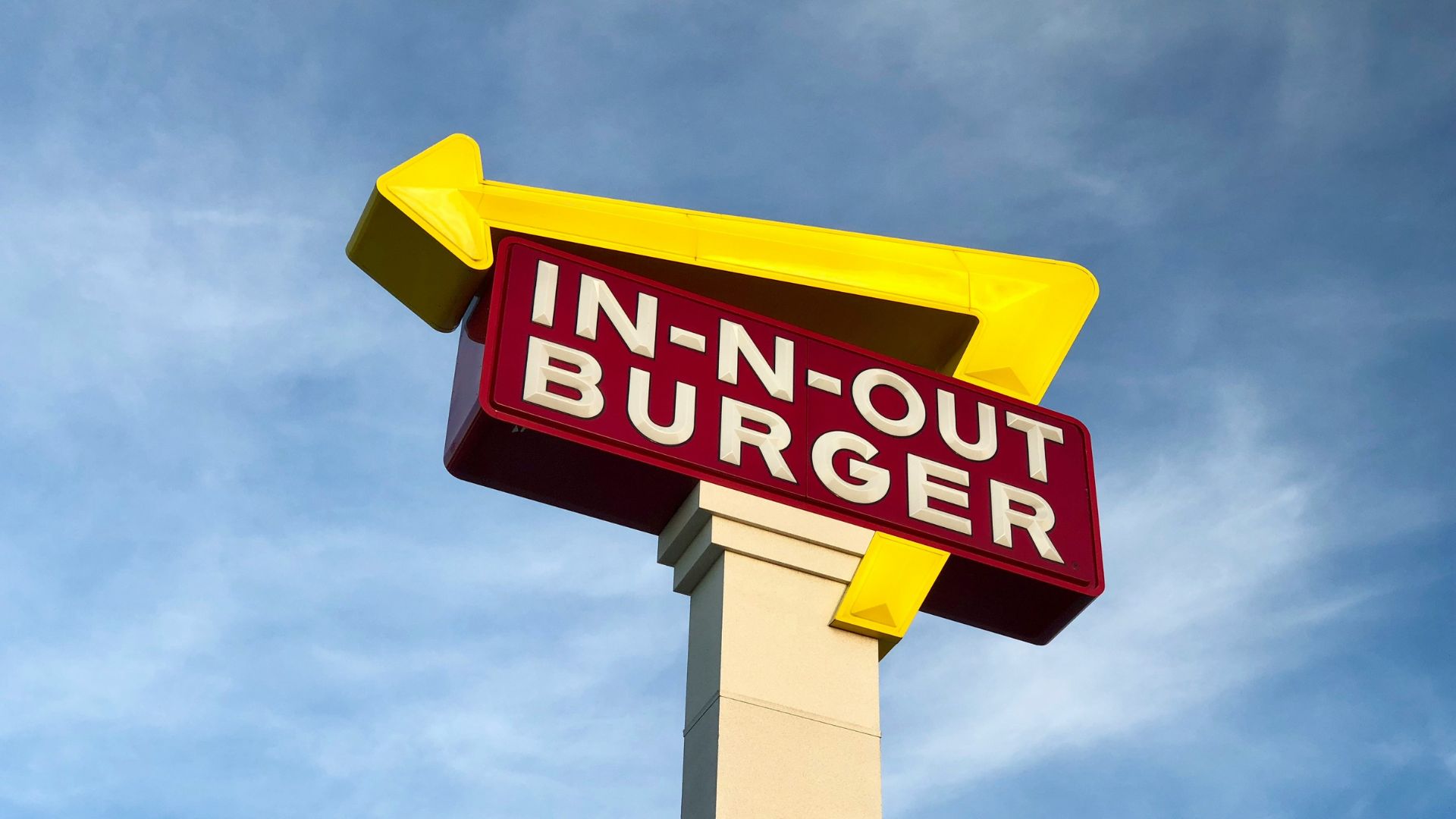
In an announcement delivered to KTVU, the company explained the rationale for the price raise, directly linking it to the California wage mandate law timeline, which also went into effect on April 1.
“On April 1st, we raised our prices incrementally to accompany a pay raise for all of the Associates working in our California restaurants. The price increase was also necessary to maintain our quality standards,” said the company statement.
Fighting to Keep Prices Down
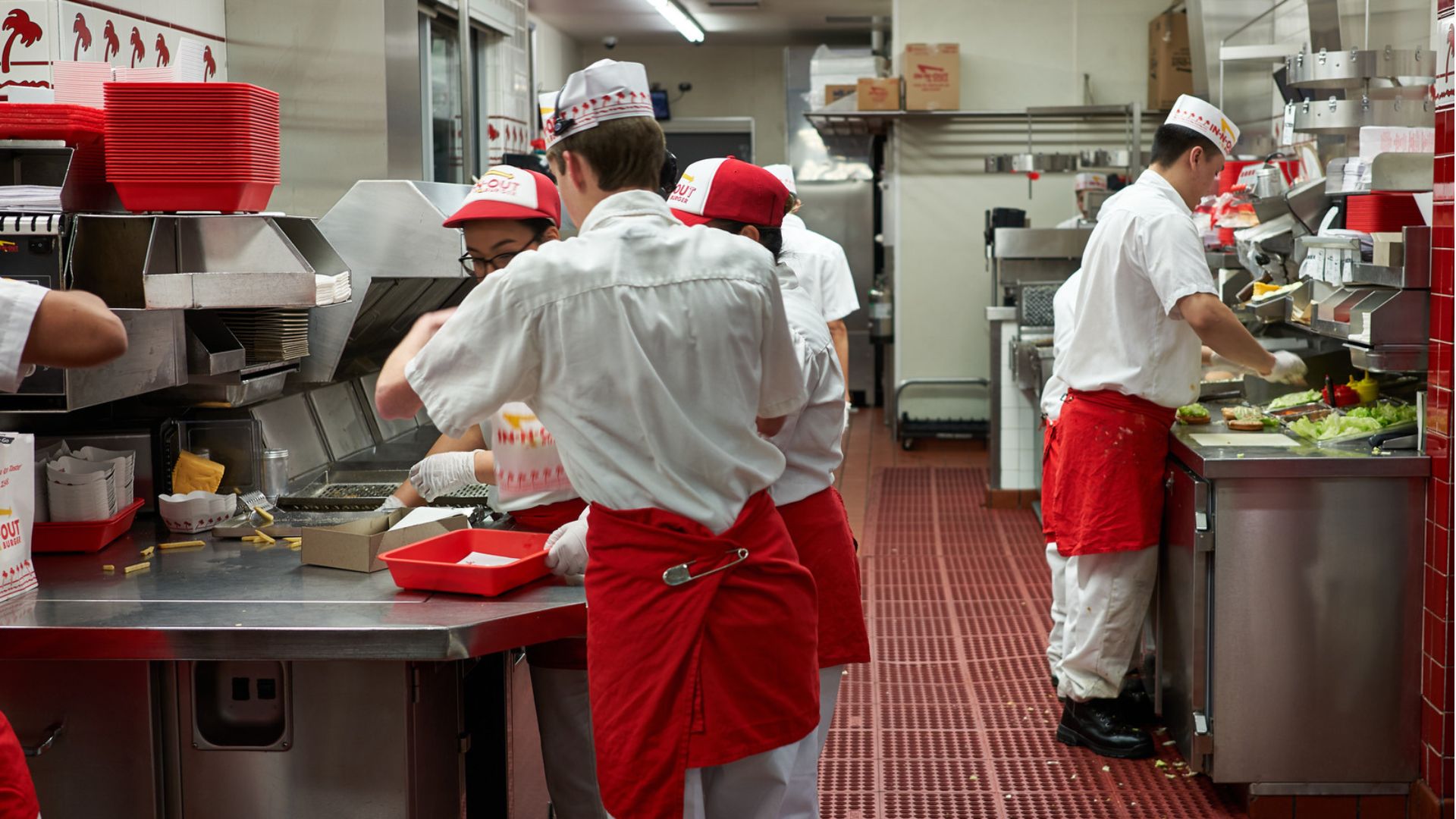
In-N-Out had previously expressed a desire to keep prices down and a reluctance to raise them in public statements.
“I was sitting in VP meetings going toe-to-toe saying, ‘We can’t raise the prices that much, we can’t,'” said In-N-Out President Lnysi Snyder in an April interview with Today. Snyder described in the interview an obligation she felt she had to “look out for our customer.”
Wage Confusion
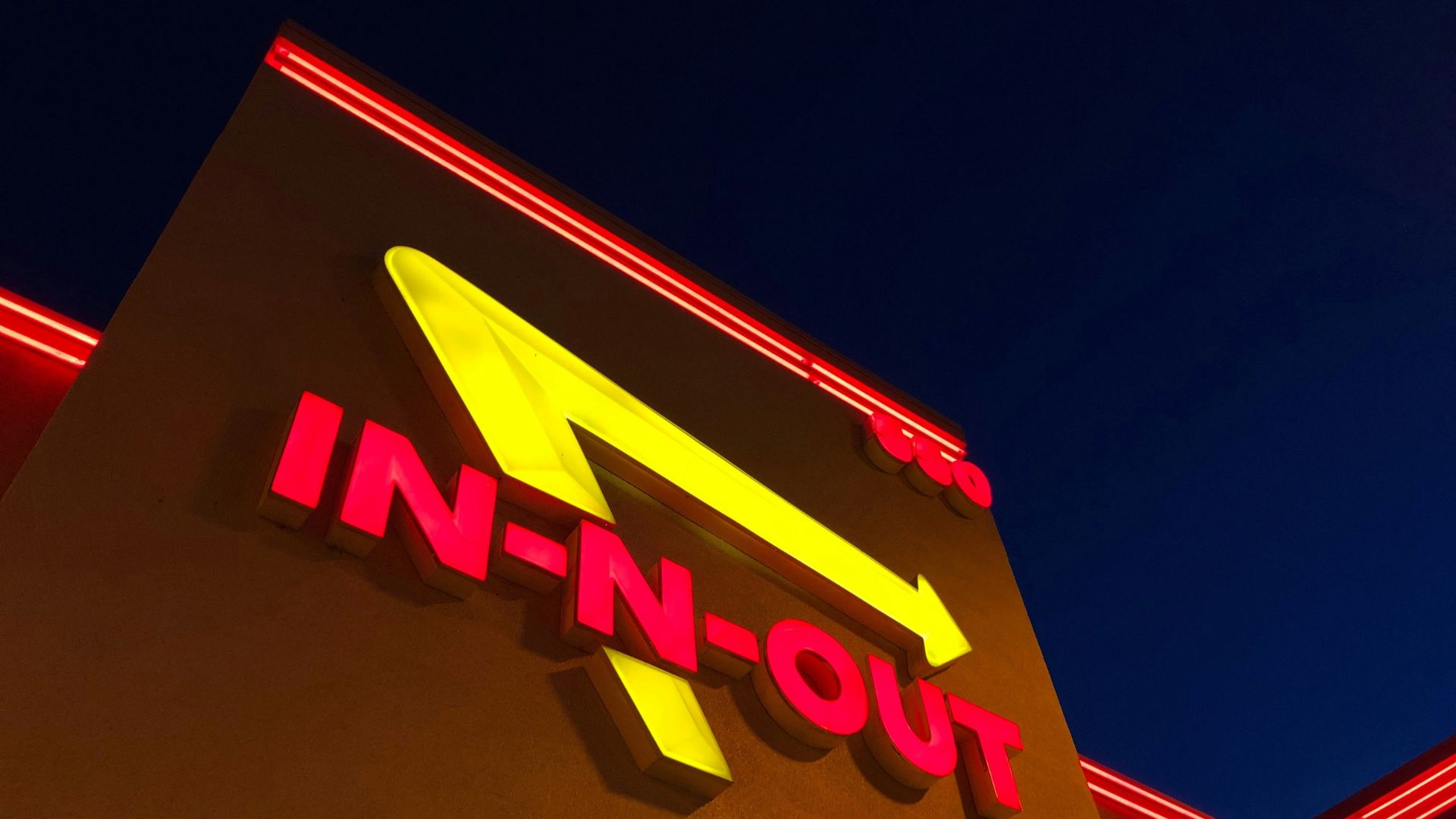
Some California residents may be confused as to why In-N-Out menu prices are being affected by the wage mandate, given that many of their locations have a starting wage of $22 to $23 an hour for their employees.
A company spokesperson confirmed to KRON that the price increases were directly related to the wage hike but did not say exactly when they were implemented. It’s possible that the state wage hike is having an indirect effect on the company’s expenses, forcing it to raise prices with other companies.
New Prices
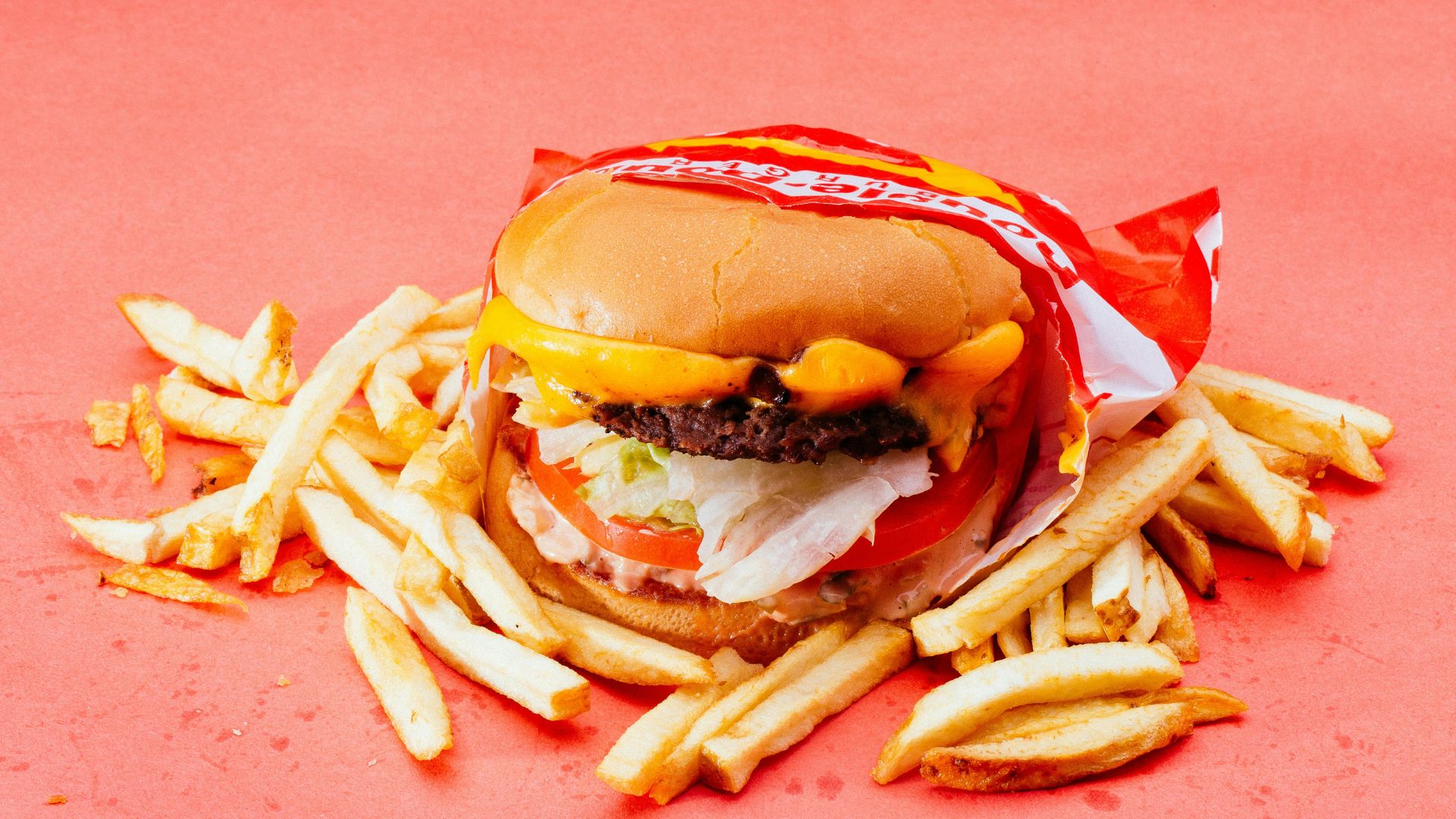
Depending on the area of the In-N-Out there has been a variation increase in the cost of certain menu items.
According to reports, a double-double burger combo has increased by $0.76 to become $11.44 in Los Angeles County. A double-double burger with fries in Fisherman’s Wharf is now $13.63 after tax.
Opinions on the Increase
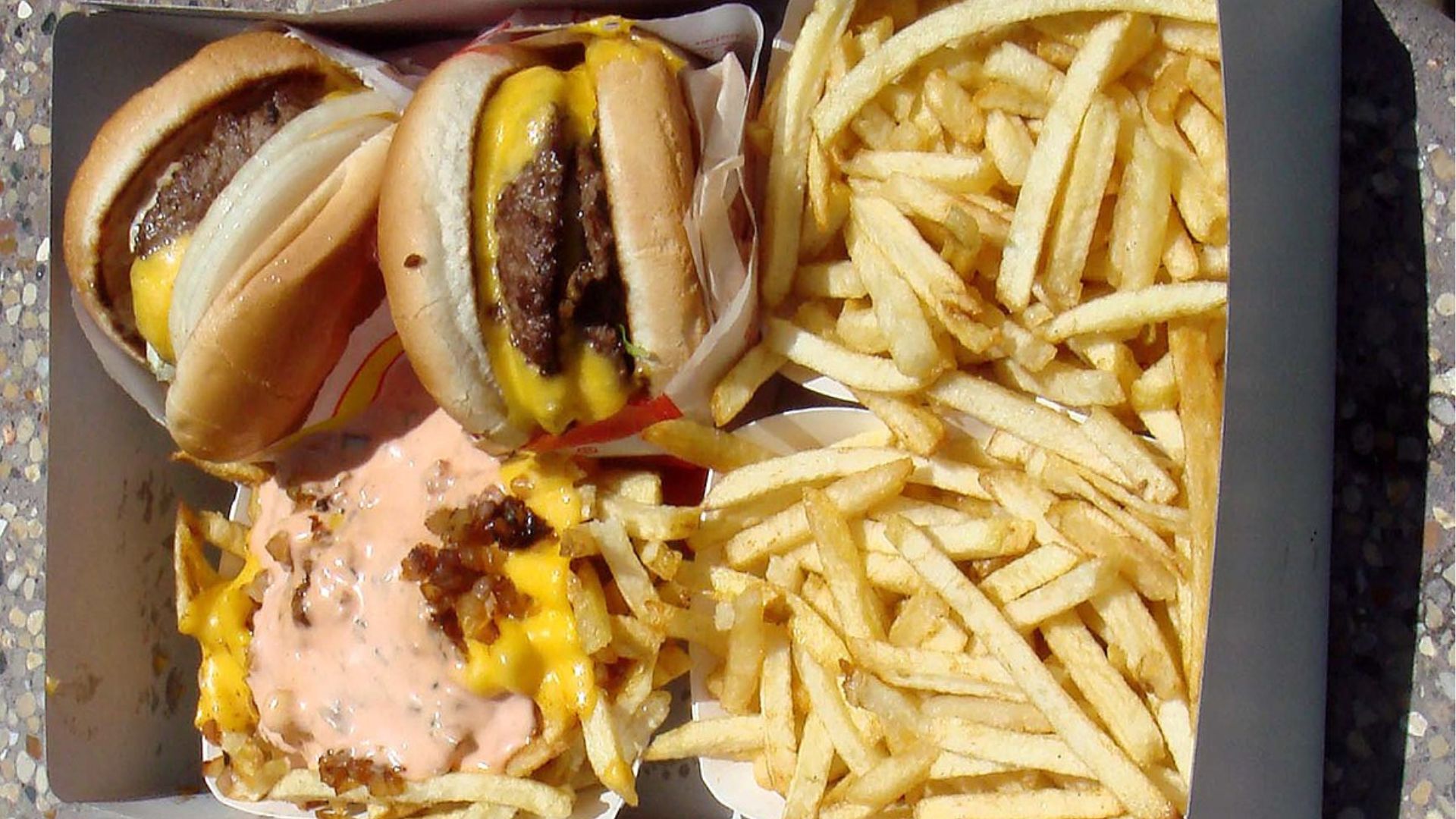
While many in the wake of the price increases were shocked and outraged by paying more, some who talked to KTVU were understanding.
“The price increase? I understand because the economy’s kind of bad. Food’s going up, all type of stuff,” said Pittsburg, California resident Chris Hachlica who eats In-N-Out semi-regularly.
Treating Employees Well
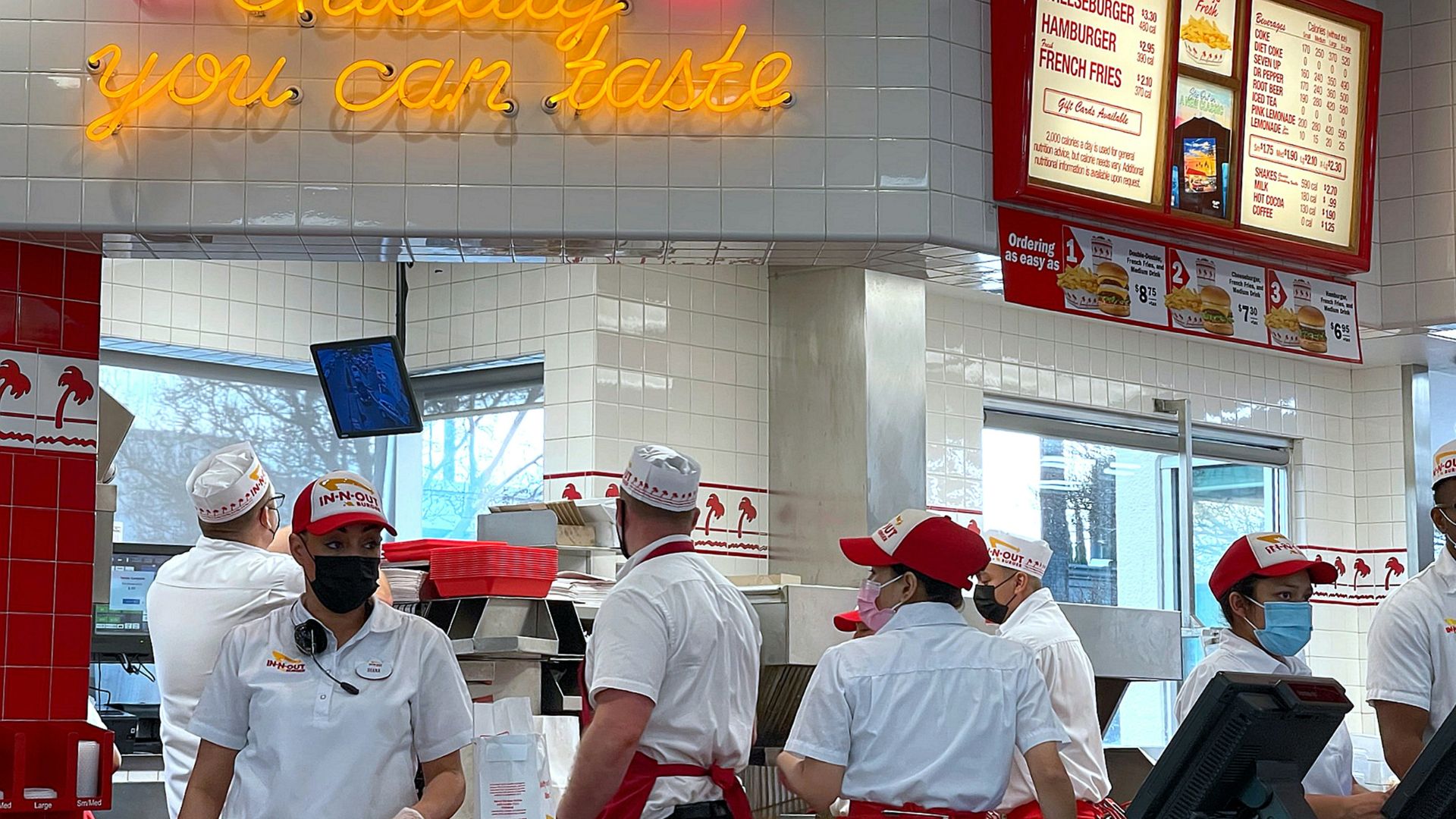
Some residents were more forgiving towards In-N-Out’s price hike, citing a reputation for treating employees well.
“I’ve always heard that In-N-Out treats their employees well, that’s definitely part of their branding so we’re definitely down to support that,” said Alameda resident Elizabeth Birmingham. “Especially in the Bay Area where cost of living is so high.”
Sticker Shock
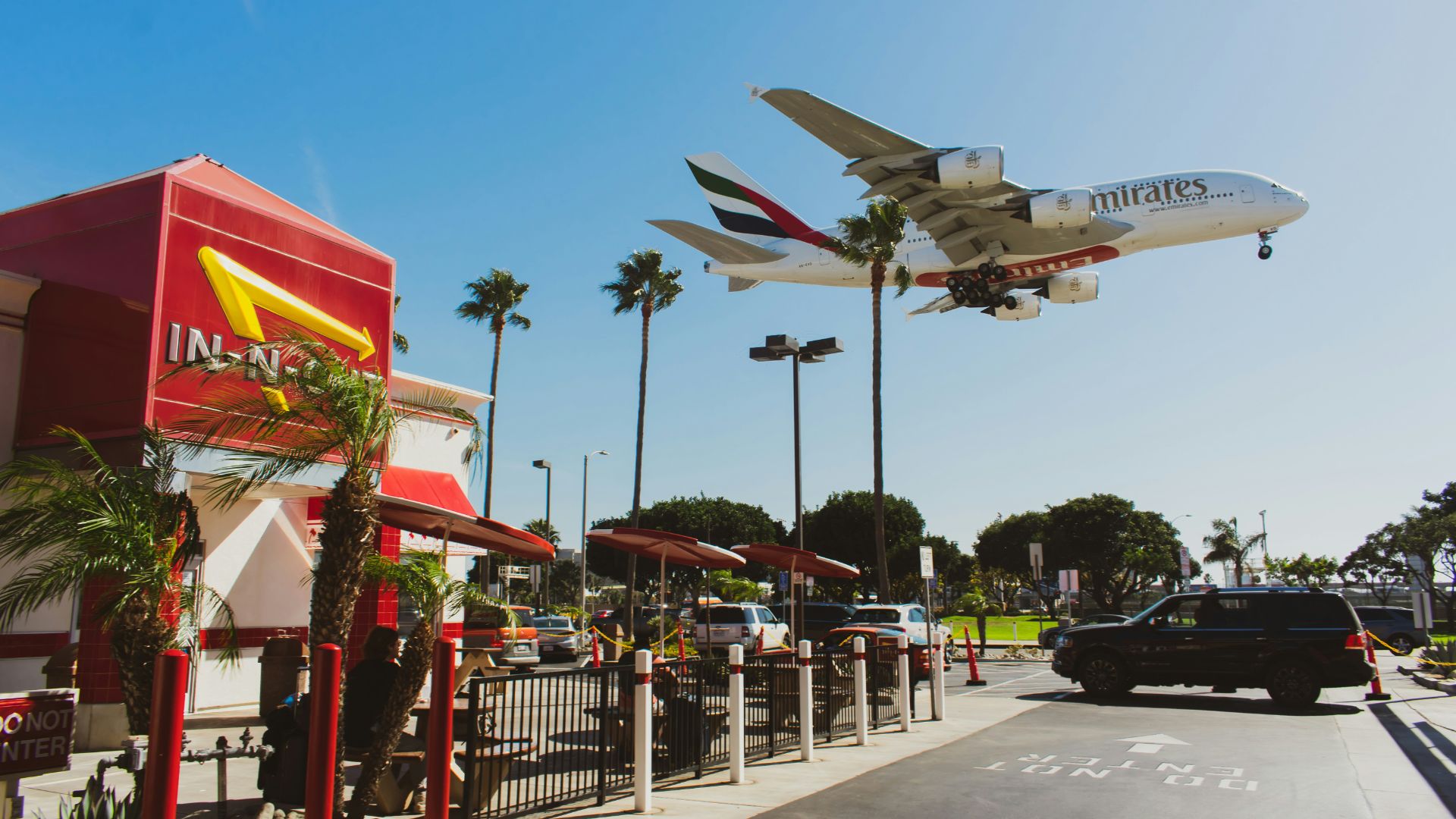
Though some in-state residents did not seem as outraged by the price hike, out-of-state residents were in for quite a shock at the price difference.
“Especially coming from Georgia, California prices are a little big higher,” said Khalil Coleman, who just moved to Oakland two weeks ago. “But when I came to In-N-Out and I was spending $20 on a meal, it’s definitely something that I did not expect at all.”
Noticeable Prices

Fast food and restaurant customers have become increasingly skittish around price changes as the average American strains their budget to afford the necessities of living.
“It’s not just the price of eggs, it’s bread, it’s cheese, it’s milk, ‘cause I have a 1-year-old child, that we need to buy, so the prices in general are definitely a lot higher and it’s noticeable,” Coleman told KTVU.
Effects of Inflation

Although the levels of inflation felt in the United States have dropped from recent highs, the effects of sustained high inflation are still felt throughout the economy.
This also applies to California which has not recovered from the pandemic. A March Calmatters report showed that prices in California have overall grown by 20% since 2020 and the inflation rate is still higher than pre-pandemic levels.
Minimum Wage Mandate
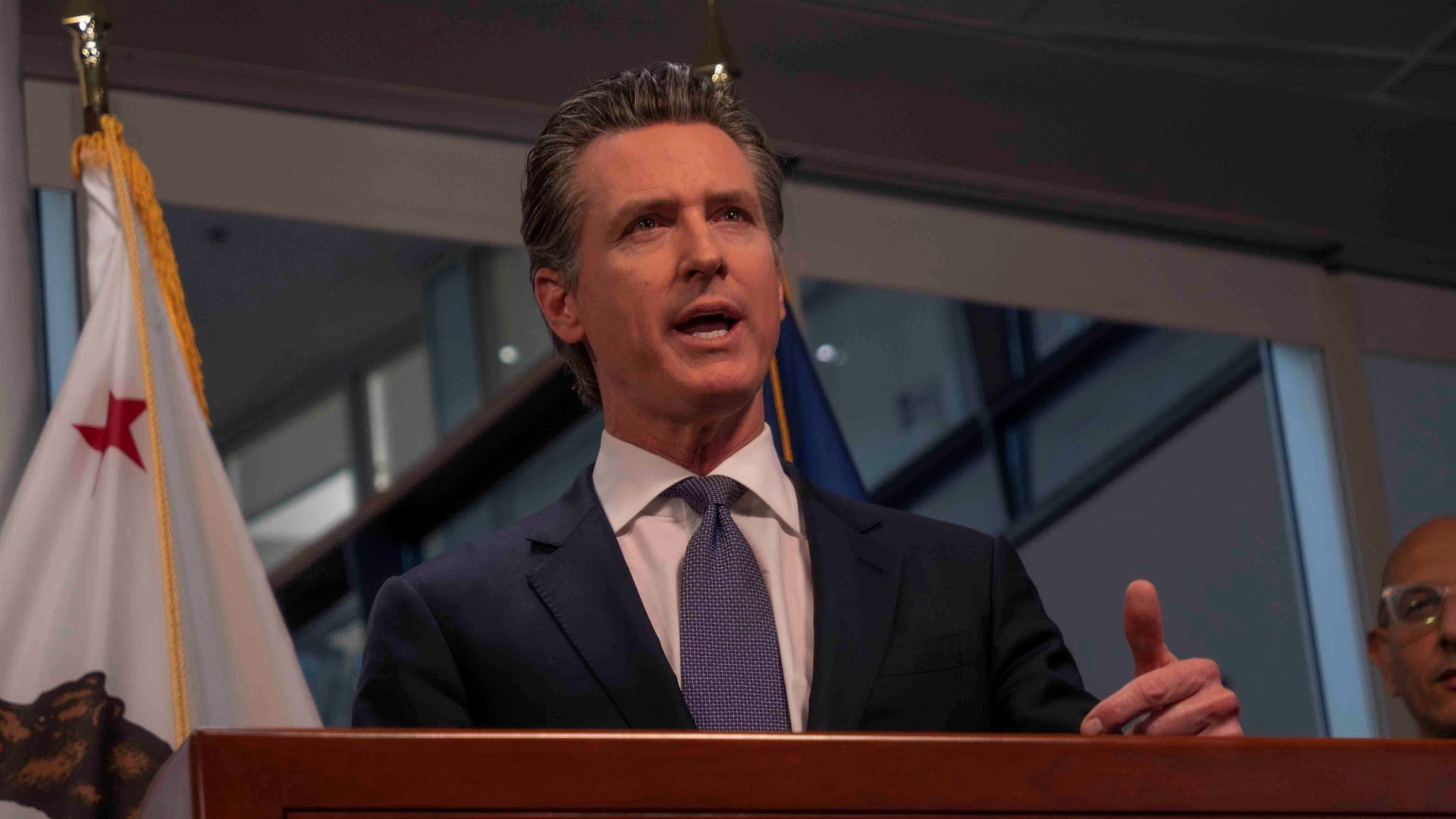
Some feel that this background of high prices and inflation is not being helped by current policies by California leaders who are pushing to raise the minimum wage for workers.
Some argue that raising wages for workers just raises the price of everything else, and will have the additional consequence of causing companies to downsize. Reportedly, California has already lost more than 10,000 fast food jobs since the April 1 wage mandate went into effect.
Industry Shift

This wage hike is just not affecting restaurants like In-N-Out in isolation, but causing a broader shift that may have unintended consequences on the industry.
For example, fast food restaurants are now being given greater incentives to invest in automation which will eliminate even more fast food worker jobs. In May, the Los Angeles Times reported that fast food operators are in a frantic rush to find ways to utilize AI to save on labor costs.
